By Deaglán de Bréadún
On a happy note, there has been a general welcome in the Republic and among nationalists in the North for the success of Democratic candidate Joe Biden in the election to the White House. The incoming President’s obvious pride in his ancestral links with Ireland have made a strong impression. He has family connections with County Mayo on the west coast and County Louth in the east and both locations are looking forward to his next visit to Ireland.
There is also considerable pride that one of Ireland’s leading concert violinists, Patricia Treacy from Blackrock, Co Louth, will play at the Biden inauguration. She has given musical performances for him before, most notably when he visited his County Louth ancestral home in 2016. Ms. Treacy has also played at the Royal Albert Hall in London and the Oriental Arts Centre Shanghai.
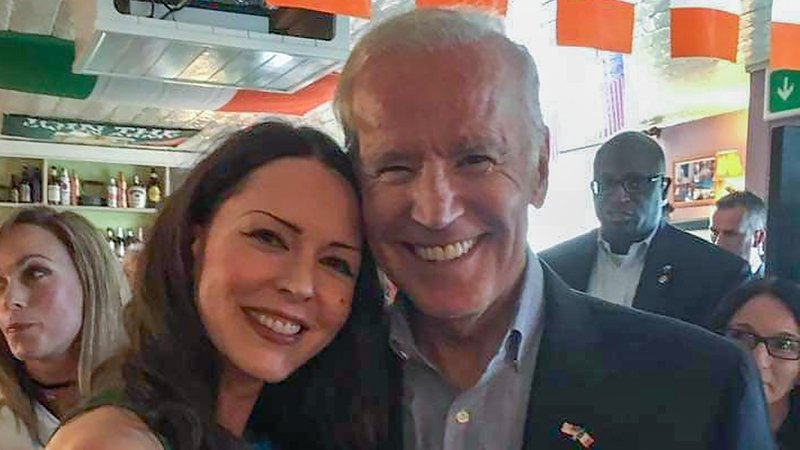
Photo: Irish Times
At a more political level, the position taken by the President-Elect on Britain’s impending exit from the European Union has received widespread approval in the Republic of Ireland and among nationalists and people in the middle-ground in the North. In the referendum on Brexit, Northern Ireland voted 55.8 to 44.2 percent to stay in the EU but the overall United Kingdom result was 53.4 percent to leave and 46.6 percent to remain.
Biden has taken a strong position that any deal between London and Brussels on post-Brexit trading arrangements must not jeopardise peace in Northern Ireland. It is seen as essential that customs posts must not return to the border between the two parts of the island as this could jeopardise the Belfast/Good Friday Agreement which was such a critical factor in ending the Troubles. A protocol has been worked out whereby customs checks would be carried out in the Irish Sea on goods arriving into the North from Britain, some of which would be intended for transmission across the 300-mile land border into the Republic which is still of course a member-state of the European Union. But this has been placed in jeopardy by the Internal Market Bill, a piece of proposed British Government legislation which could set aside the customs protocol and would be in breach of international law.
These are difficult and challenging times for politicians. Concerns rise as to the possible outcome of Brexit negotiations between the UK and the EU. Brexit is also a worry for the three-party coalition government in the Republic, led by Taoiseach Micheál Martin, where it is hoped that there will be minimal disruption to the relationship with the British under Prime Minister and Brexit enthusiast Boris Johnson. In both parts of the island, like everywhere else, hopes are rising that a vaccine will emerge to tackle COVID and that it can be distributed on the widest basis at a very early stage.
We Irish would not be regarded as the most assiduously law-abiding nation in the world but, by and large, the restrictions imposed to deal with the COVID pandemic have been well-observed.
There are of course plenty of stories on the grapevine, mainly about young people holding drinks parties where the rules of social distancing are forgotten in a haze of alcohol. But for the most part, “The Wild Irish” have been pretty tame since the virus came their way.
The other day I saw a young guy shopping in a grocery store in Dublin who had forgotten to bring a COVID mask with him. So what did he do? He pulled his jersey up so that it covered his mouth and nose. His buddy did the same thing. Nothing like a little creativity, eh?
In fairness, most people in Dublin city are wearing masks when they go into stores and indeed on the street. There are differences between the two parts of the island. Restrictions have been somewhat less severe in the six counties of Northern Ireland, which is presumably part of the reason the level of infections and deaths has constituted a higher proportion of the population than in the 26-county Republic.
Both jurisdictions originally planned to emerge from lockdown in the near future: the North’s due date was November 27th and in the South, it was December 1st. But Ministers in the North’s power-sharing executive agreed on Thursday night to retain the existing level of restrictions for another two weeks until December 11th. Even the Democratic Unionist Party led by First Minister Arlene Foster, which was previously resisting the extension, approved the measures.
Meanwhile, in the Republic it appeared as if the latest lockdown was proving effective in bringing the virus under control. But it seems a degree of complacency has set in and the figures are rising again. On September 15th, the Government in Dublin had introduced a plan setting out five levels of restrictions. Starting at midnight on October 21st, the entire state was placed under Level 5 for six weeks. At this level, which is the highest, you cannot have visitors to your home; you should also do your work from home unless you are providing an essential service which requires your physical presence; you can exercise within five kilometres (just over three miles) from your residence but should only travel for essential reasons such as shopping for food, visiting your doctor, or if you work on a farm. Bars, cafés, and restaurants can only provide take-away services. However, you are allowed to visit a grave, which meant I could go to Glasnevin Cemetery where my parents are buried, close to the last resting-place of the legendary patriot Michael Collins.
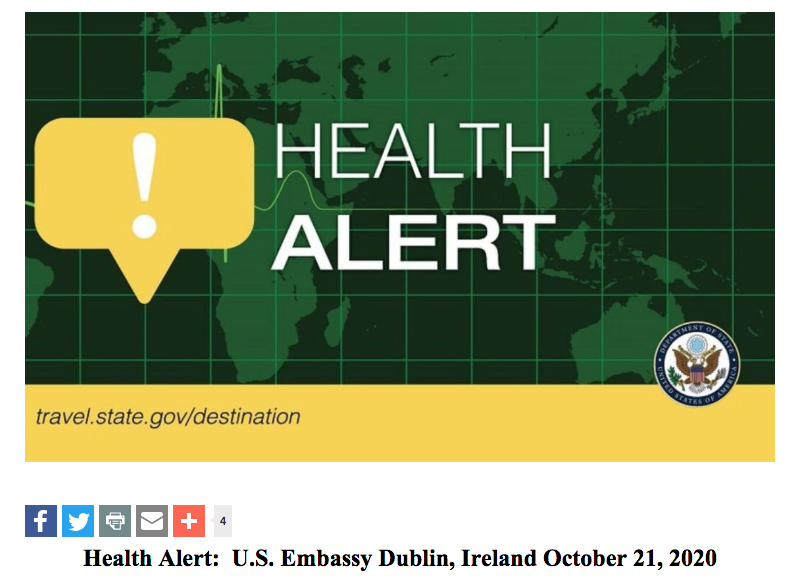
Level 5 seemed initially to be doing well in reducing the number of new COVID-19 cases but an upsurge began which has aroused concern among public health officials. The Government obviously takes these considerations seriously although it is also particularly anxious to limit the damage to business and the economy caused by the Level 5 lockdown.
Shopkeepers and traders as well as quite a few members of the general public want to retain as many of the traditional features of the Christmas festival as possible while bearing in mind the health risks of course. At present, it looks as if the Republic will go down from Level 5 to the less-restrictive Level 3 from December 1st and it is hoped that there can be a significant relaxation of the restraints for the last week of the year. Everything depends on the prevalence of COVID-19 cases.
In Northern Ireland, the total number of COVID-19 deaths rose from 752 on November 5th to 901 on November 19th, an increase of 149, whereas in the Republic over the same two-week period the numbers went from 1,933 to 2,010, a rise of 77. The figures in the North become particularly worrying when it is taken into account that the population there is only about two-fifths that of the South. There has been less political consensus in Northern Ireland than in the Republic on the correct way to handle the pandemic although this is more on a political than sectarian basis.
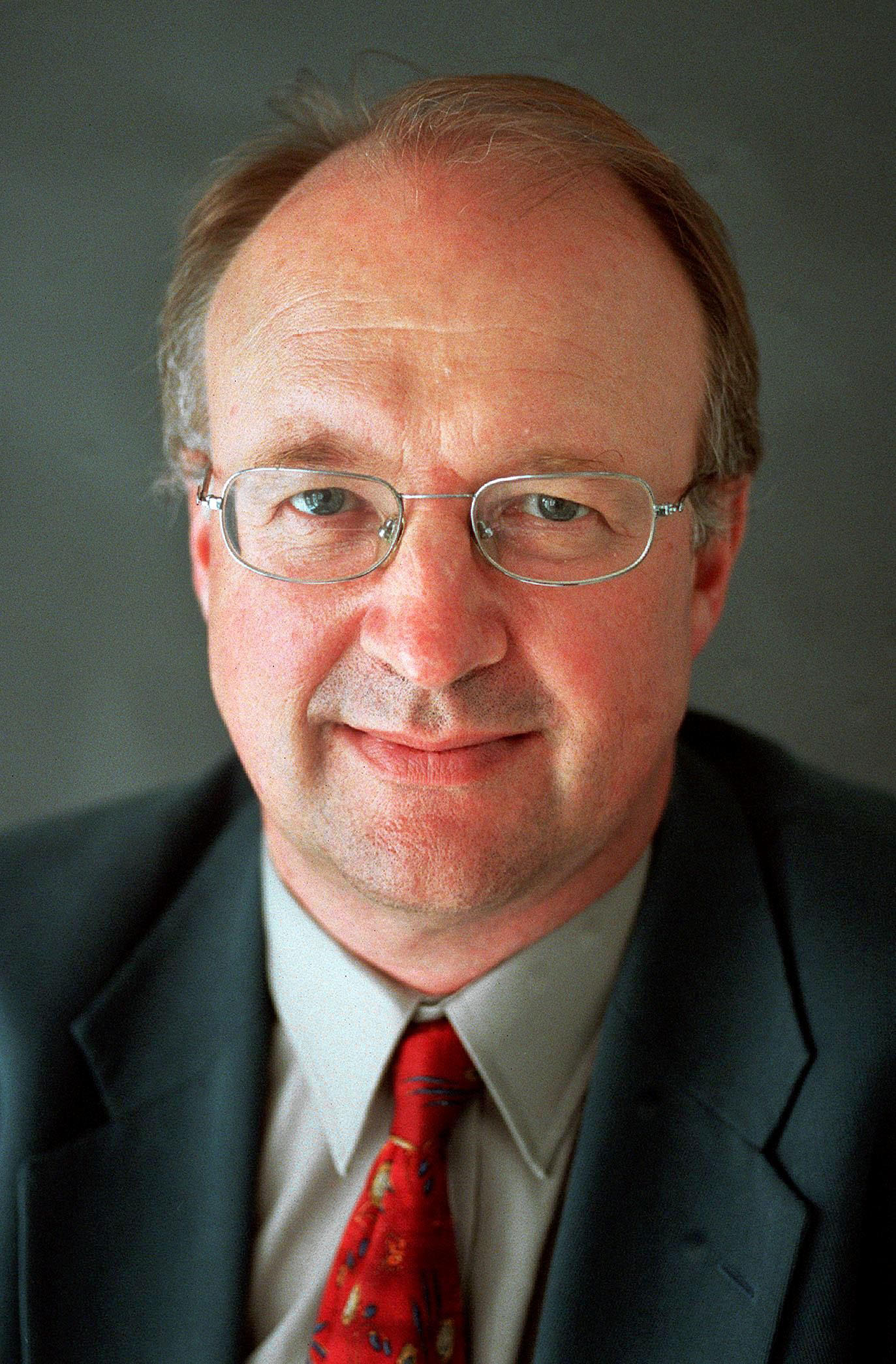
Deaglán de Bréadún is a freelance journalist and author based in Dublin. He is a columnist with The Irish News and his books include ‘The Far Side of Revenge: Making Peace in Northern Ireland’ and ‘Power Play: The Rise of Modern Sinn Féin’ as well as three books in Irish. His reporting on the Good Friday Agreement negotiations and their aftermath for The Irish Times won the Northern Ireland IPR/BT award for Daily News Journalist of the Year.

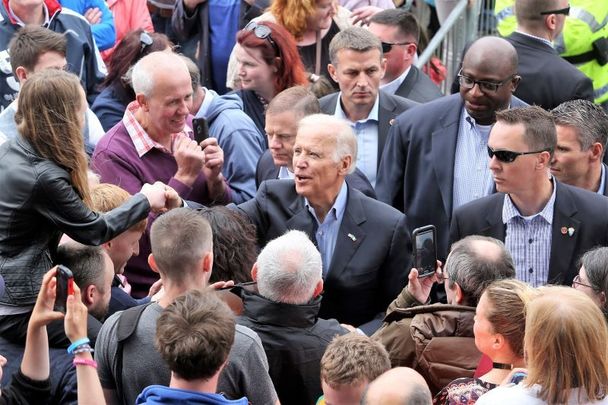
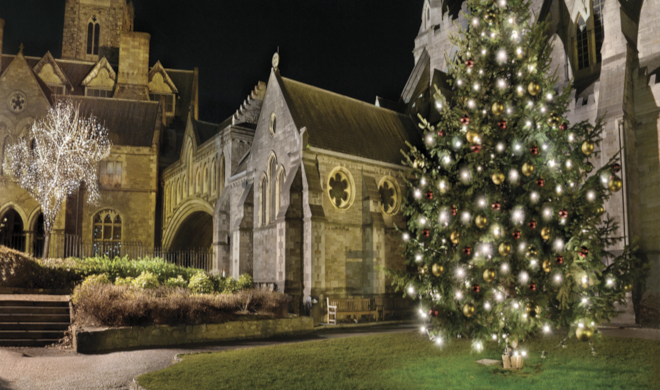
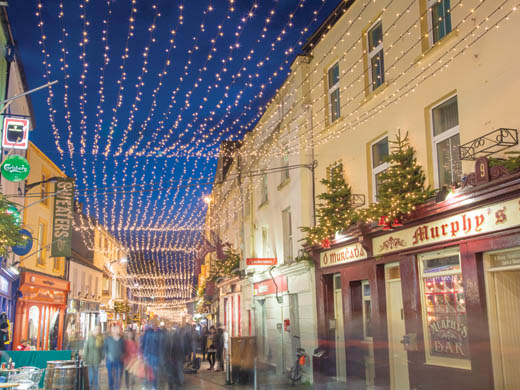
https://nysba.org/events/ireland-for-law-using-irish-law-and-courts-for-corporate-restructuring-intellectual-property-data-protection-and-derivatives/
https://www.irishecho.com/2020/11/ireland-as-a-legal-base-post-brexit/
These are links to information about a virtual conference held a couple of days ago to spread the word about Ireland for Law, an initiative of Ireland’s government to promote Ireland’s laws and courts to companies, firms and individuals doing business in the post-Brexit EU. After Brexit, Ireland is now the only English-speaking common law nation in the EU. Former Taoiseach Bruton and Chief Justice Clarke were featured speakers. I organized the conference on the US side, via the New York State Bar Association’s International Section. FYI, on my mother’s side I’m descended from Phelans, Walshes, and Codys who came to the US in the 19th century and my middle name is Kevin. Sincerely, Ed Lenci